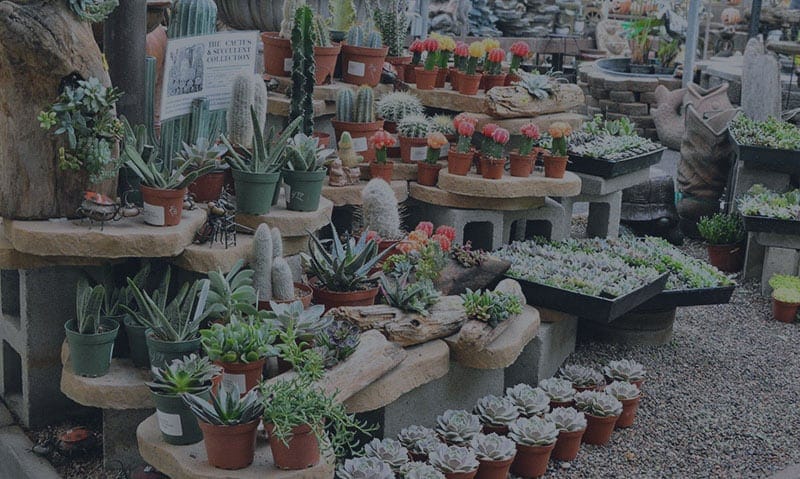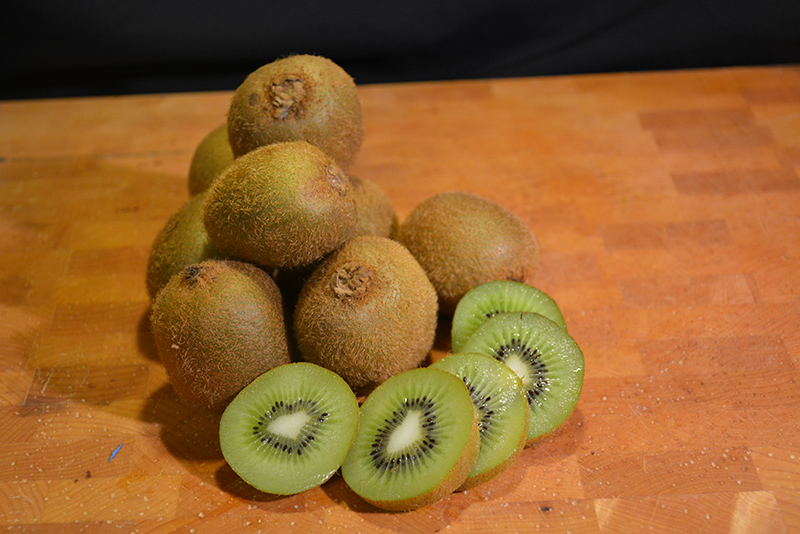Height: 30 feet
Spread: 3 feet
Sunlight:
![]()
![]()
Hardiness Zone: 8a
Other Names: Kiwi Fruit
Description:
A vigorous, woody, fast growing vine producing tasty, fuzzy brown edible fruits; cultivars of this species are grown commercially; also grown ornamentally for its glossy, deep green foliage; greenish white flowers are not showy; great for screening
Edible Qualities
Kiwifruit is a woody vine that is typically grown for its edible qualities, although it does have ornamental merits as well. It produces green oval fruit with a brown blush and light green flesh which are typically harvested when mature. The fruits have a sweet taste with a fleshy texture and a light fragrance.
The fruit are most often used in the following ways:
- Fresh Eating
- Juice-Making
Features & Attributes
Kiwifruit has dark green deciduous foliage on a plant with a spreading habit of growth. The large glossy oval leaves do not develop any appreciable fall color. It features an abundance of magnificent green berries with brown blush from late summer to late fall.
This is a dense multi-stemmed deciduous woody vine with a spreading, ground-hugging habit of growth. Its relatively coarse texture can be used to stand it apart from other landscape plants with finer foliage. This is a relatively low maintenance plant, and is best pruned in late winter once the threat of extreme cold has passed. It has no significant negative characteristics.
Aside from its primary use as an edible, Kiwifruit is sutiable for the following landscape applications;
- Hedges/Screening
- General Garden Use
- Orchard/Edible Landscaping
Planting & Growing
Kiwifruit will grow to be about 30 feet tall at maturity, with a spread of 3 feet. As a climbing vine, it should be planted next to a fence, trellis or other rigid structure where it can be trained to grow upwards on it. It grows at a fast rate, and under ideal conditions can be expected to live for approximately 15 years. This is a dioecious species, meaning that individual plants are either male or female. Only the females will produce fruit, and a male variety of the same species is required nearby as a pollinator.
This woody vine can be integrated into a landscape or flower garden by creative gardeners, but is usually grown in a designated edibles garden. It does best in full sun to partial shade. It prefers to grow in average to moist conditions, and shouldn't be allowed to dry out. It may require supplemental watering during periods of drought or extended heat. It is not particular as to soil type or pH. It is highly tolerant of urban pollution and will even thrive in inner city environments. This species is not originally from North America.


